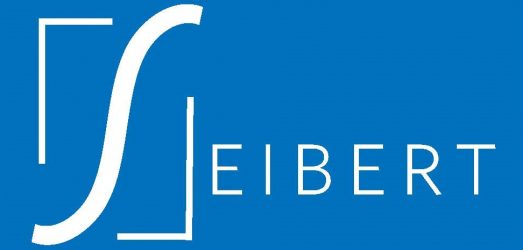By: Jason Seibert
Liu v. Securities and Exchange Commission 140 S.Ct. 1936 (June 22, 2020)
Summary: The SEC can seek disgorgement from defendants in actions brought by the SEC; however, the power of disgorgement lies within the inherent powers of the Court based on history of equity. Therefore, the SEC may not disgorge all gains from a venture, but only those that are ill-gotten. Further, the disgorgement award must be for the benefit of the victims, not the SEC.
What is disgorgement and how does that compare to equitable relief? Traditionally, courts in equity were and are able to deprive a person of profits from a victim of fraud, to the extent those profits were, in fact, ill-gotten.
“Whether it is called restitution, an accounting, or disgorgement, the equitable remedy that deprives wrongdoers of their net profits from unlawful activity reflects both the foundational principle that “it would be inequitable that [a wrongdoer] should make a profit out of his own wrong,” Root v. Railway Co., 105 U.S. 189, 207, 26 L.Ed. 975, and the countervailing equitable principle that the wrongdoer should not be punished by “pay[ing] more than a fair compensation to the person wronged,” Tilghman v. Proctor, 125 U.S. 136, 145–146, 8 S.Ct. 894, 31 L.Ed. 664.” – Liu v. Sec. & Exch. Comm’n, 140 S. Ct. 1936 (2020)
If, as the decision in Liu states, that a wrongdoer cannot be punished by paying more than fair compensation to the person wronged, that necessarily requires the SEC to show there was actually a person wronged, and to what extent. In the past, the SEC enjoyed a long history of not having to prove reliance due in part to the fact that the SEC’s powers were limited, historically, in civil courts to injunctive relief. “The SEC need not prove reliance in its action for injunctive relief on the basis of violations of section 10(b) and Rule 10b–5.”
S.E.C. v. Rana Research, Inc., 8 F.3d 1358, 1364 (9th Cir. 1993)
But here since that case, and in many others, the SEC seeks disgorgement, and disgorgement is not injunctive relief.
It is curious over the years how courts have allowed the SEC to bring actions for fraud without the necessary requirement of reliance on fraudulent statements. In a pragmatic decision, courts have held that is impossible to prove reliance on omissions, because it is hard to find evidence that people relied on a thing they did not know. “Reliance continues to be unnecessary to 10b-5 liability for material omissions after Chiarella.” S.E.C. v. Murphy, 626 F.2d 633, 652 (9th Cir. 1980). Today, regardless of any action brought by the SEC, they will wholeheartedly claim that they are not required to allege reliance in any case.
What is the ramification of proving reliance? From a transactional standpoint, if the SEC were forced to prove reliance in an investment scheme (like a cryptocurrency ICO), it would have to collect data on every person that participated in the ICO, determine date and time of purchase, compare public statements that each person relied upon, if they relied upon it at all, contact that person, get them to admit they purchased it (difficult in an ICO where anonymity is valued) and then only be able, if reliance could be established, to claim disgorgement for each “victim” of the fraud. Not to mention that, to the extent that purchases of ICO assets were made prior to fraudulent statements, the defendant could potentially argue for offset of those funds.
Even if the SEC were to successfully argue that an unregistered and unlicensed sale of a security is sufficient to establish “ill-gotten” gains without having to allege fraud or reliance, Liu establishes that the disgorged funds are for the benefit of the victims. If a court, sitting in equity, is to disgorge for the benefit of victims, the victims should be identified and only funds collected for their benefit – not for the benefit of the SEC’s general use fund as it has in the past. (SEC disgorgement funds collected are used to pay whistle blowers and activities for the Inspector General – Liu v. SEC at 1947.)
As SEC enforcement actions heat up in the wake of Liu, it will be interesting to see if the defense bar will push courts to consider again the issue of reliance, disgorgement, and to what extent the SEC can seek depriving a venture, across the board, of all funds raised without proving basic principles of equity.

